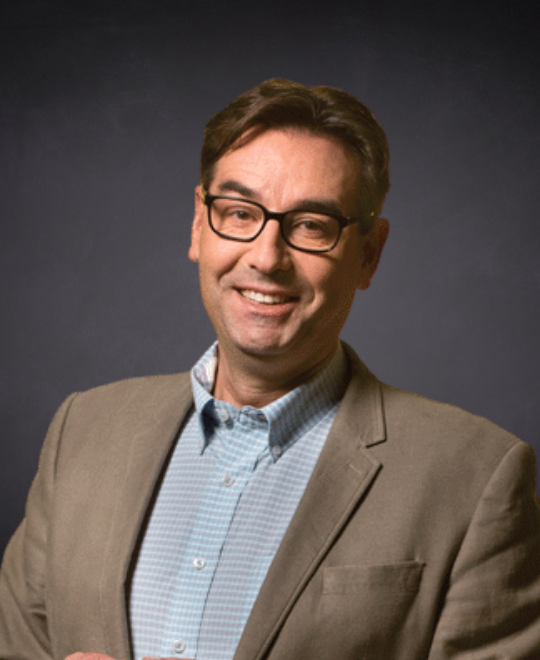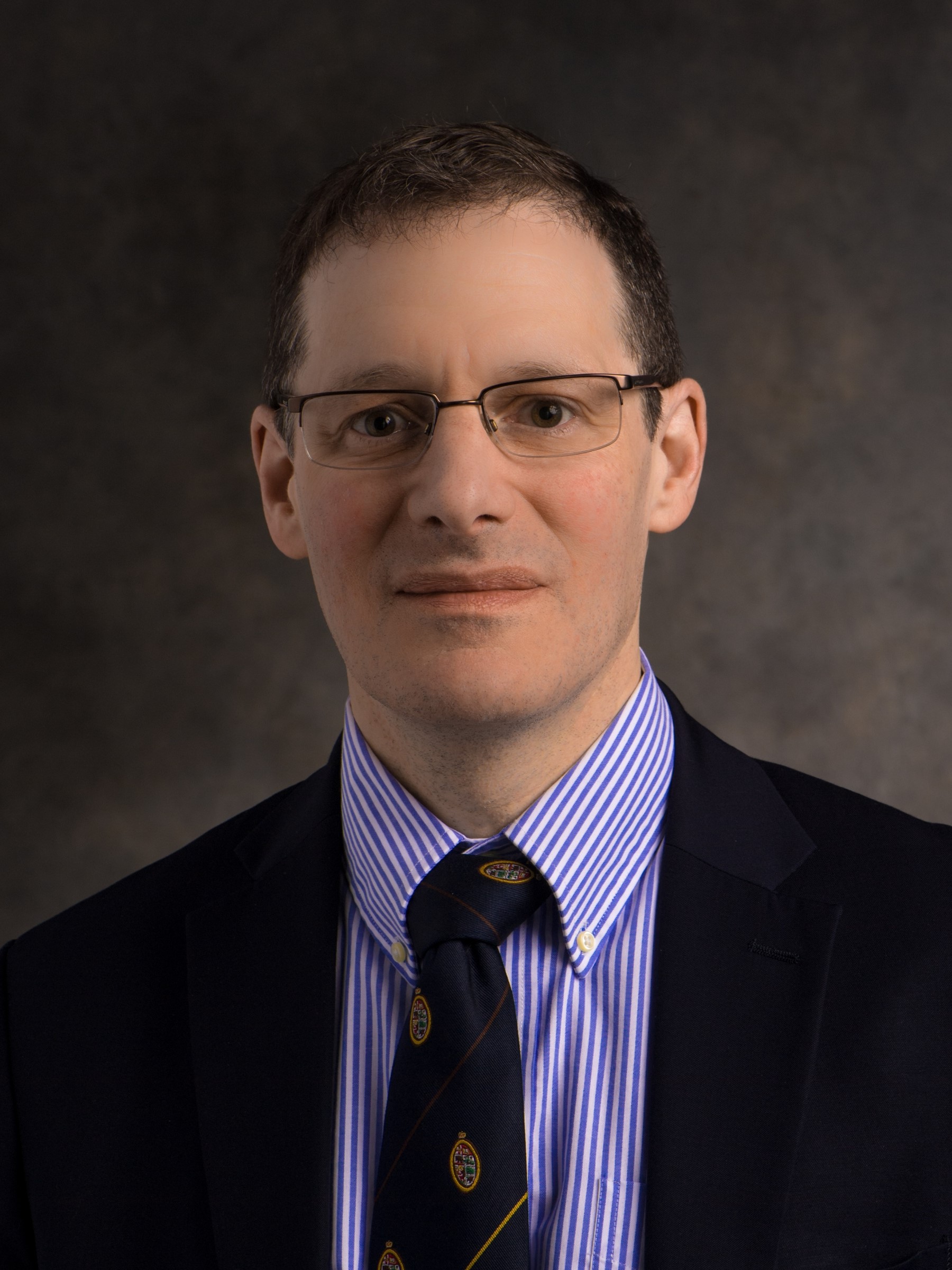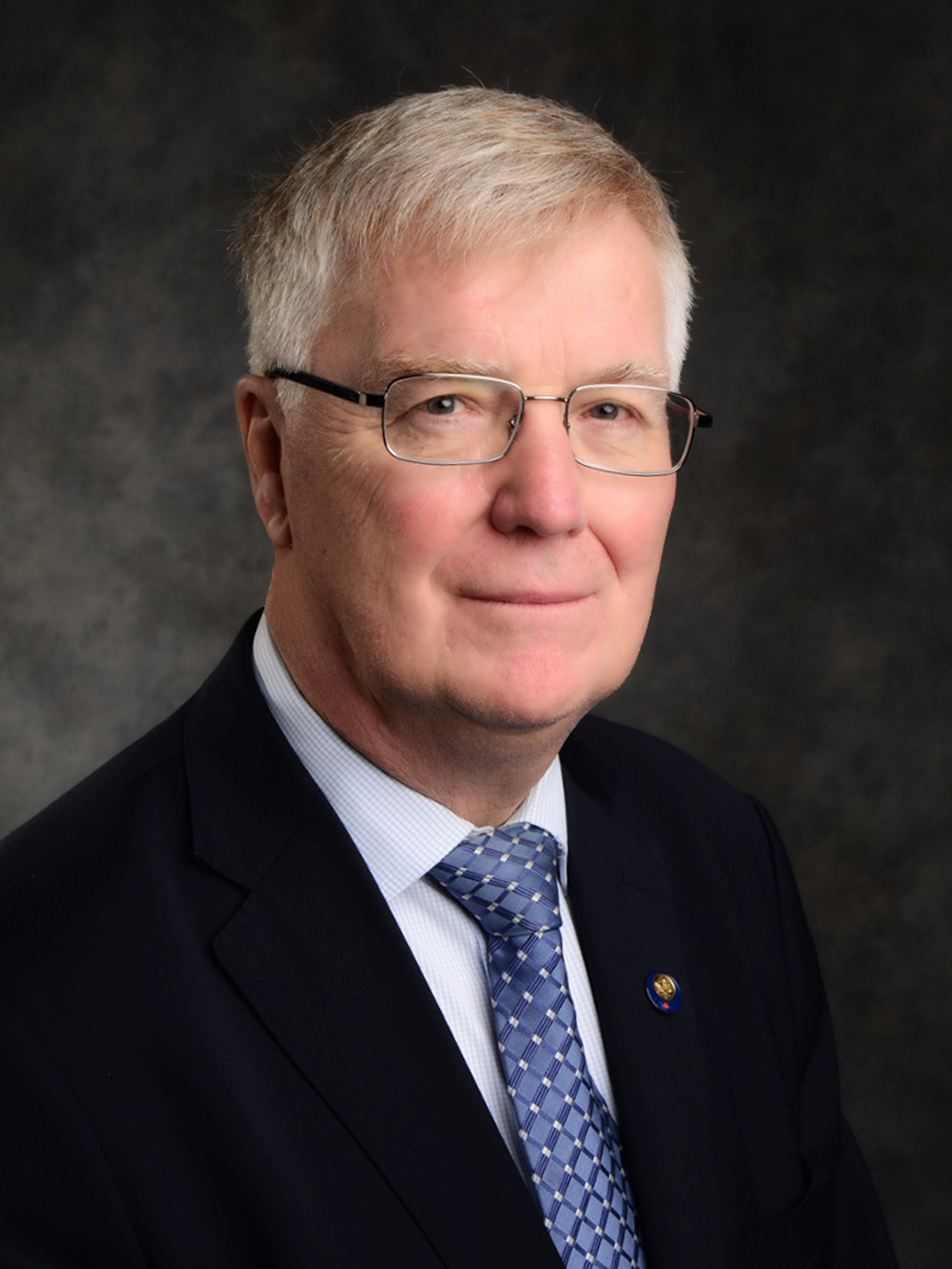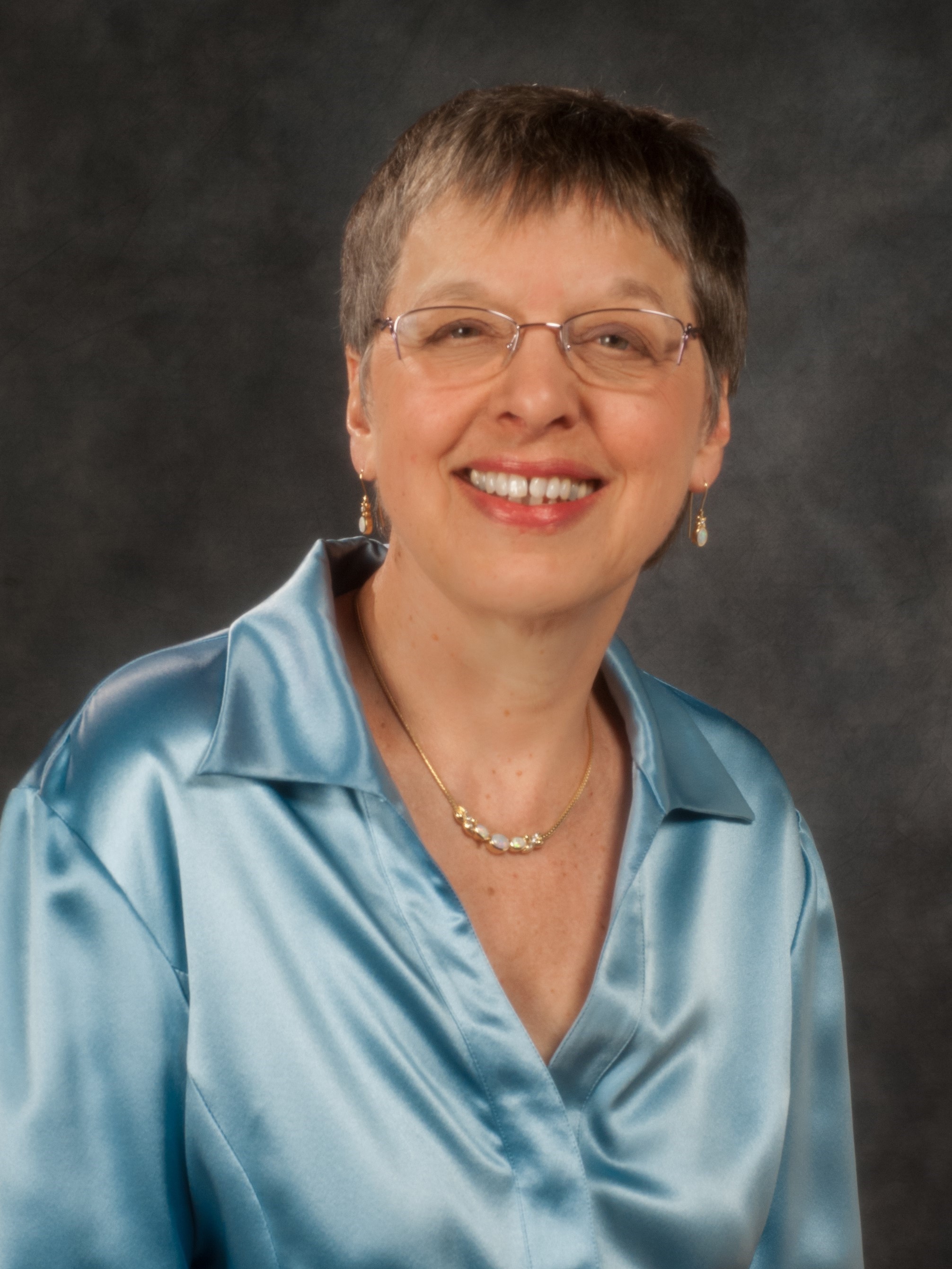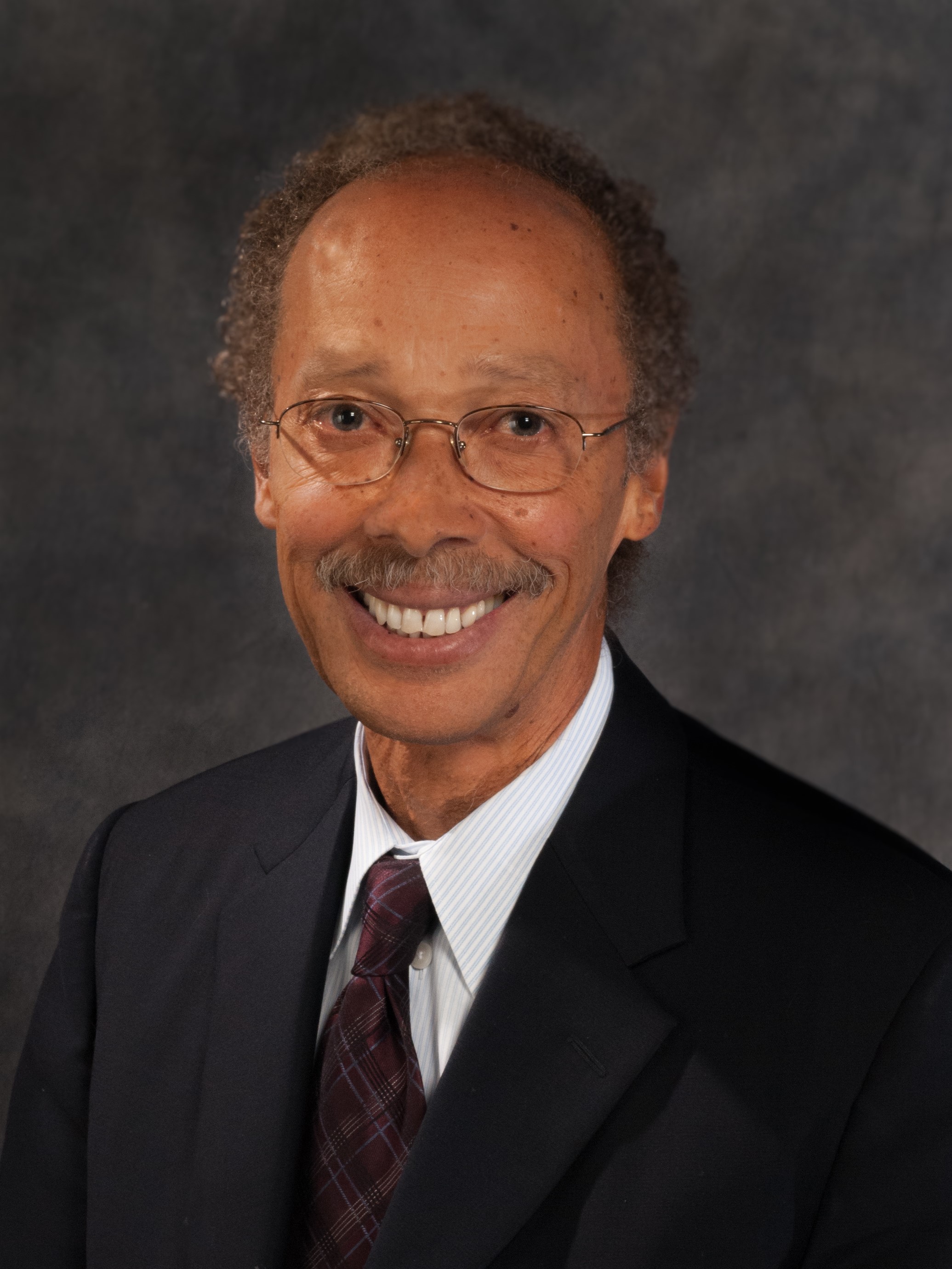About Us
The Department was founded in 1993 to foster an integrated, comprehensive bench to bedside cancer program in Northern Alberta promoting the seamless transition from discovery science through translational and clinical research to the best clinical cancer care for Albertans.
Initially based at the Cross Cancer Institute, the Department has expanded to include: (1) experimental oncology translational research laboratories at the KATZ facility; (2) the establishment of the Radiation Therapy Degree Program with its teaching facilities at the University Terrace building; (3) the Medical Isotope Cyclotron Facility (MICF) located on the University of Alberta's South Campus; and (4) through the Cancer Research Institute of Northern Alberta (CRINA) it has fostered collaborations across the University campus and beyond.
Dr. Anthony Fields was the founding Chair, serving from 1993 to 1996 followed by Dr. Carol Cass as the second Chair of the Department from 1996 to 2007. Dr. Sandy McEwan served as Chair from 2007 to 2017 and Dr. David Eisenstat served as Chair from July, 2017 to 2020. Dr. Frank Wuest is the current department Chair effective December 1, 2021.
The Department has grown from five to seven divisions (including the Radiation Therapy Degree Program) and the number of faculty has expanded from 25 members in 1993 to 133 in 2023.
Medical Oncology Radiation Oncology Medical Physics Experimental Oncology
Oncologic Imaging Palliative Care Medicine Radiation Therapy Program
The Department of Oncology has 3 accredited residency training programs: the Royal College of Physicians & Surgeons of Canada (RCPSC) accredited residencies in the Divisions of Medical Oncology and Radiation Oncology and the Canadian College of Family Physicians (CCFP) accredited training program in Palliative Care Medicine. In addition the Department also has 2 CAMPEP accredited Medical Physics residency programs in Radiation Oncology Physics and Imaging Physics. The latter includes Nuclear Medicine Physics and Radiological Physics residencies. The Department of Oncology also has CAMPEP-accredited graduate programs (MSc, PhD) in Medical Physics. Over its history the Department gained its ability to award its own degrees in 1999. The graduate training program in Experimental Oncology became the Cancer Sciences training program in 2015. Since that time there have been 55 MSc students, 53 PhD students graduating, and 140 residents have completed a residency program in Medical Oncology, Palliative Care Medicine or Radiation Oncology.
